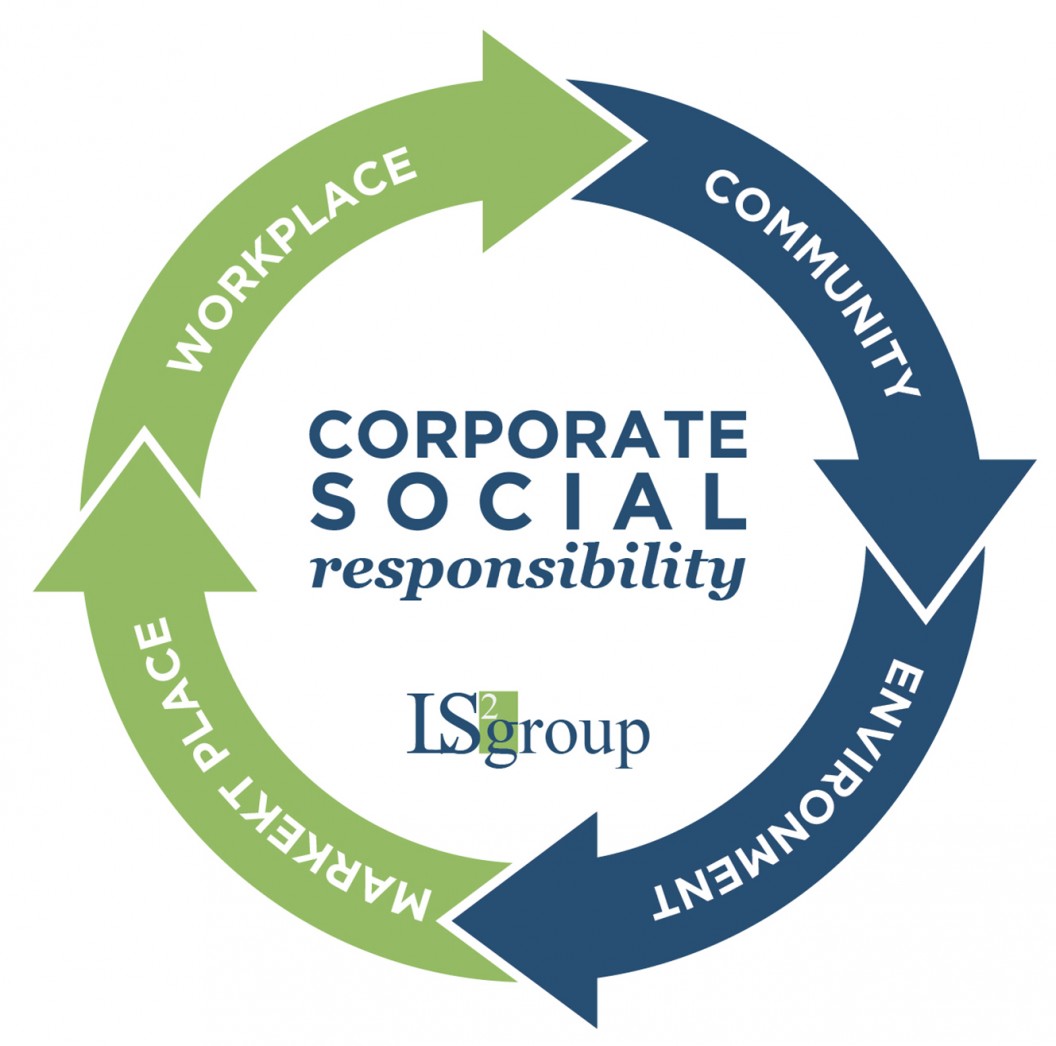Corporate Social Responsibility is the New Black
Apr 01

With the recent announcement that Starbucks, that bastion of the mainstream and “basic,” will donate millions of leftover meals to hunger organizations like Food Donation Connection and Feeding America, it’s official: CSR is the new black. Corporate Social Responsibility, or CSR, is the idea that for-profit businesses should hold themselves to the standard of promoting social good through their work, rather than simply lining shareholders’ pockets. Companies that engage in CSR experience myriad benefits, and incur some costs, as well. It’s important to have a full picture of how CSR could work for your company before diving in.
Quick History
Ben Schiller’s recent article for Fast Company’s Fast Co.Exist outlines the three major waves of corporate engagement with society. First came philanthropy. Philanthropy involves companies donating some of their largesse to good causes. Next, corporate social responsibility came into vogue for cutting-edge companies, where companies would try to limit their negative impact on society and make positive impacts, simultaneously. Looking ahead, Schiller identifies creating shared value, an idea pioneered by Harvard Business School professors Michael Porter and Mark Kramer in a seminal Harvard Business Review article in January 2011. (More to come on shared value below!)
CSR: The Details
Corporate Social Responsibility is more than simply donating money to good causes. Often, CSR ties into the company’s core business; for instance, construction companies donating to and volunteering with organizations like Habitat for Humanity that build homes, or restaurants in Washington, D.C., donating time and resources to DC Central Kitchen. In each of these instances, CSR goes one step beyond philanthropy. Whereas philanthropy acknowledges that with appropriate funding, social problems that exist can be addressed. CSR acknowledges that business has a role to play in preventing social problems from arising as a result of business practices and that where they do, it is the responsibility of contributors to help right the ship.
CSR is not just a warm and fuzzy endeavor, though. While it is essential for businesses to hold themselves accountable, there is a major public relation and bottom-line impact to be had by engaging in CSR. At LS2group, we understand the value of good PR, and corporate social responsibility certainly has that potential. When companies engage positively with their communities, it often garners mainstream and social media coverage in non-traditional formats for the company. These new avenues of exposure could help draw new clients to the core business, and tend to build up goodwill among the community.
The Future: Creating Shared Value
Corporate social responsibility is not the end-all, be-all for social enterprise. More and more, the attitude that companies should “do less bad (and make up for the bad they do)” is being replaced by the notion that companies should simply do good. Companies can fully integrate into society, and be a force for good in their communities, by making money through addressing society’s challenges. In other words, the positive impact is no longer the afterthought, it is the core business. In the article, “Creating Shared Value,” Kramer and Porter identify three ways for companies to create shared value: “reconceiving products and markets, redefining productivity in the value chain, and building supportive industry clusters at the company’s locations.” By embarking on these actions, the authors argue that businesses will gain a competitive advantage and open large, new markets while addressing “immense human needs.”
The Bottom Line
Clearly, for many companies (now, including Starbucks), the bottom line is no longer the bottom line. As we move into a more globalized marketplace, consumers and potential employees will use social engagement, in addition to product quality or employment perks, to choose which companies to work for or patronize. Companies must balance the costs – in time, resources, and profit – with the numerous benefits for the company and the community when deciding whether to donate philanthropically, engage in CSR, or create shared value. And once they’ve made that choice, they can contact LS2group to help spread the word!
